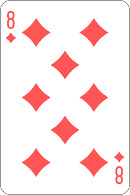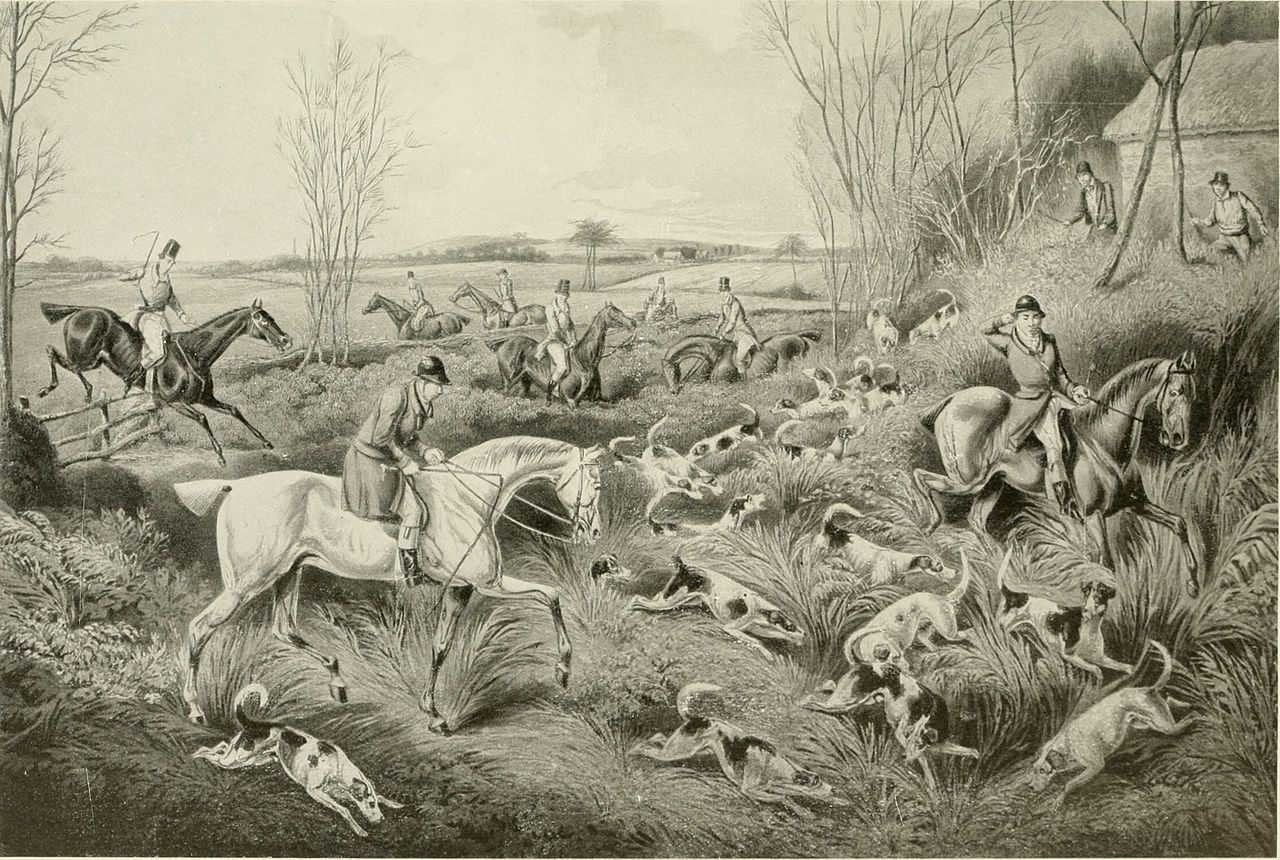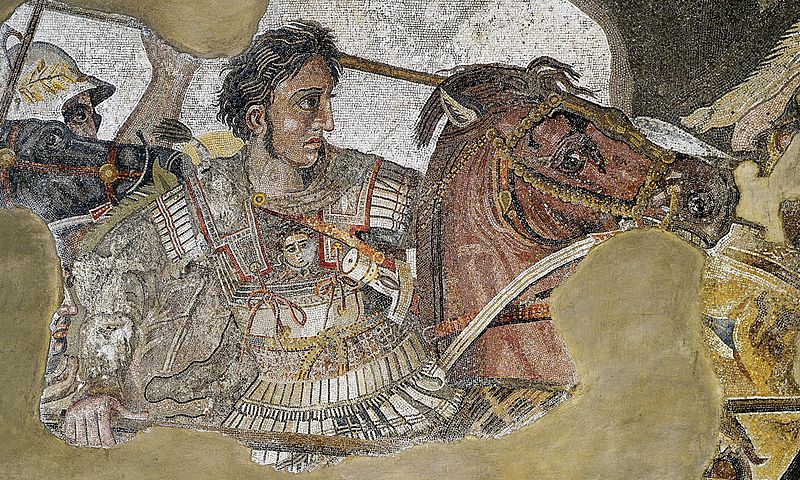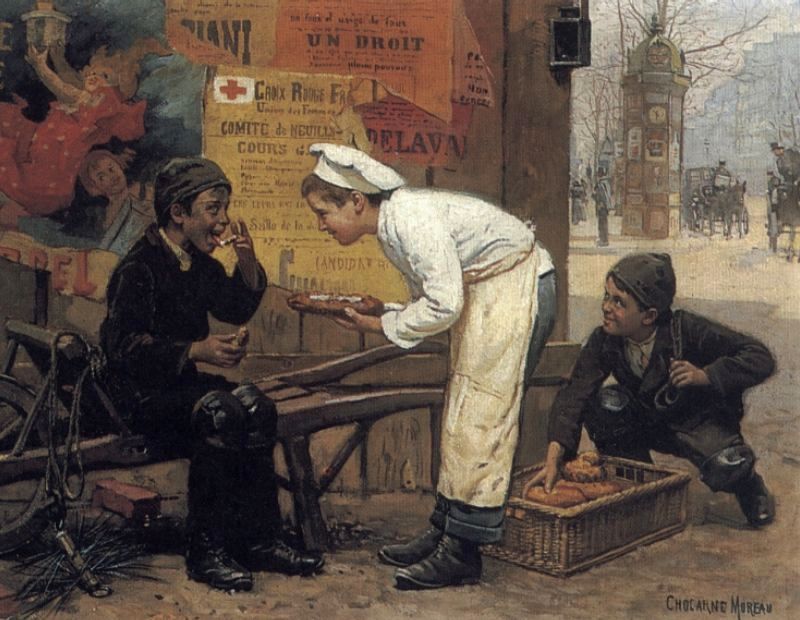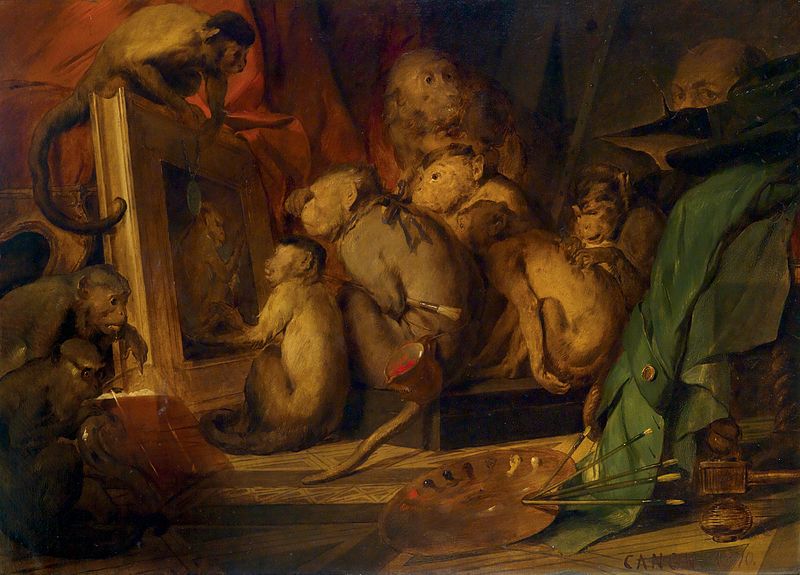“The hardest of all adventures to speak of is music, because music has no meaning to speak of. If music could be translated into human speech it would no longer need to exist. Like love, music’s a mystery which, when solved, evaporates.” — Ned Rorem, Music From Inside Out, 1967
“Music has no subject beyond the combinations of notes we hear, for music speaks not only by means of sounds, it speaks nothing but sound.” — Eduard Hanslick
“Music expresses that which cannot be said and on which it is impossible to be silent.” — Victor Hugo
But music moves us, and we know not why;
We feel the tears, but cannot trace their source.
Is it the language of some other state,
Born of its memory? For what can wake
The soul’s strong instinct of another world,
Like music?
— Letitia Elizabeth Landon, The Golden Violet, 1827


